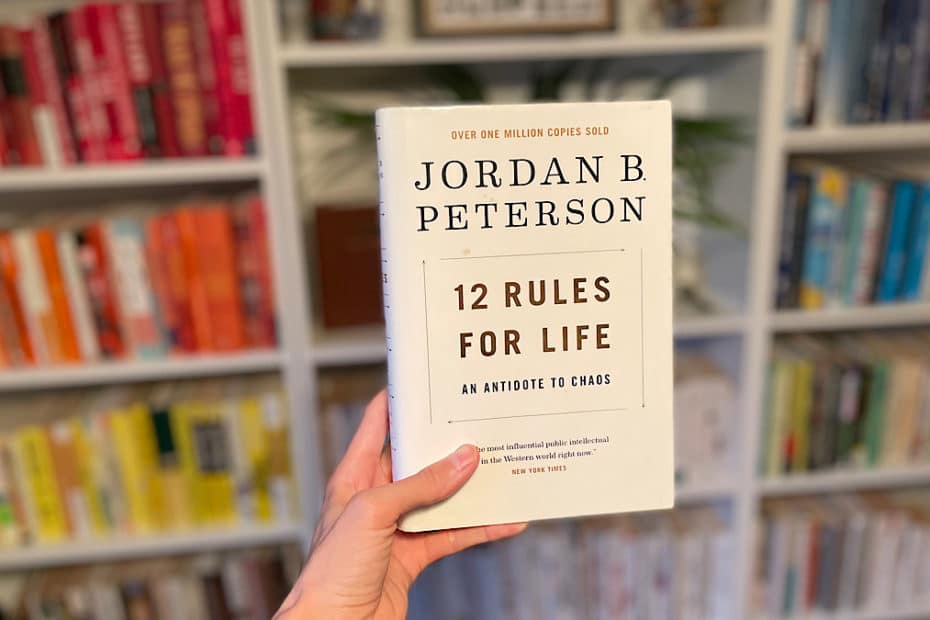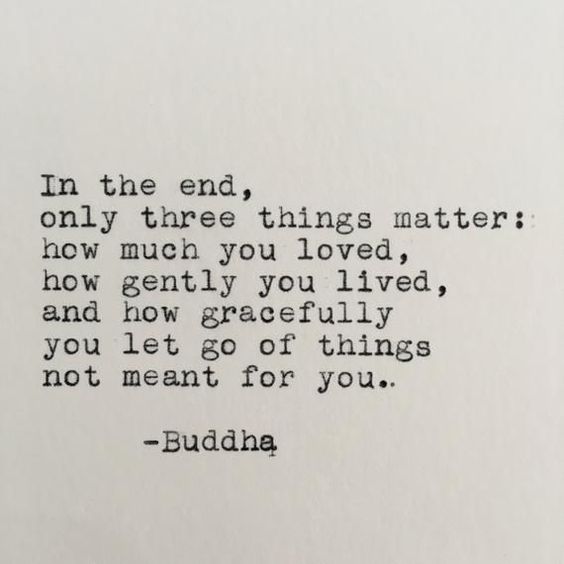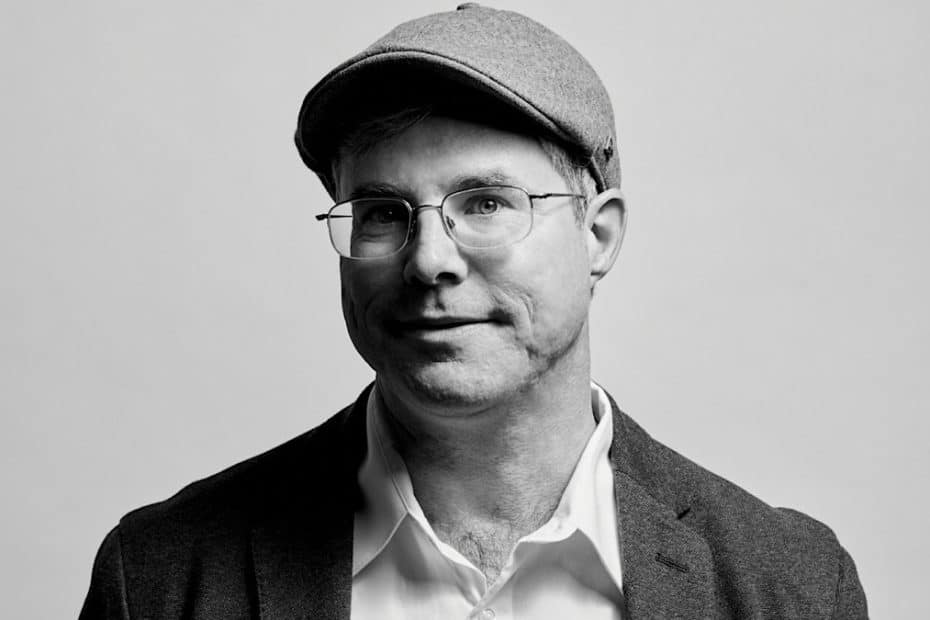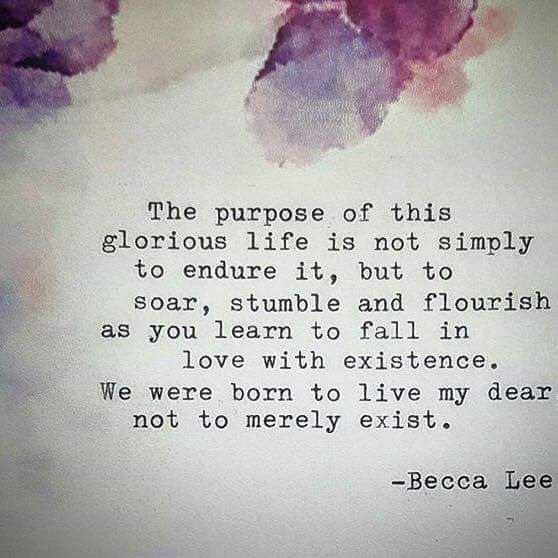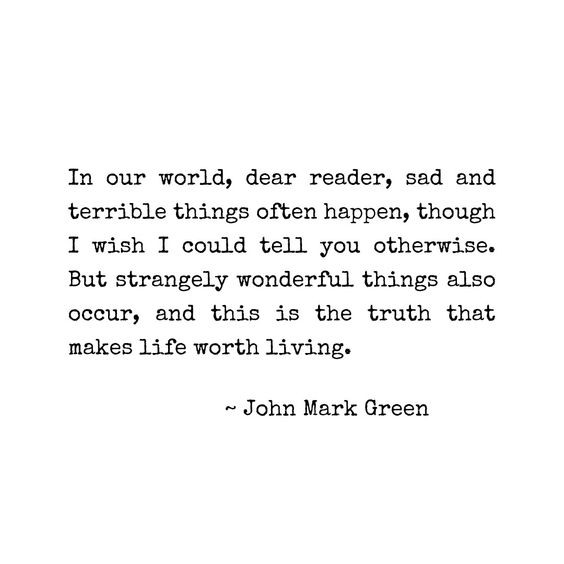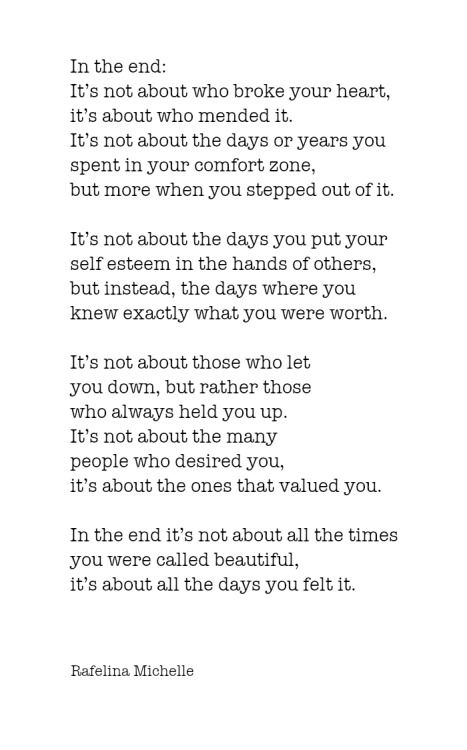“Take heed: you do not find what you do not seek.”
English Proverb
Beyond the Quote (56/365)
Obviously, right? Well… Maybe not so obvious. The concept is easily understood, of course. If you’re playing hide and seek with your kids, for example, and you send them off to hide, but you choose not to seek them out (that was mean of you), then they won’t be found. Until of course, they come out seeking you so that they can yell at you for not playing the game with them properly (and for being mean)! If you don’t seek, you won’t find. If you don’t go out looking for cars, you won’t find a car. If you don’t seek advice or help, you won’t find advice or help. If you don’t look for the good in people, you won’t find the good in people. Where this concept becomes, “not so obvious” is when you want to find but don’t know how to seek (or aren’t even aware that you’re not seeking).
Read More »Quote About How You Don’t Find What You Don’t Seek 